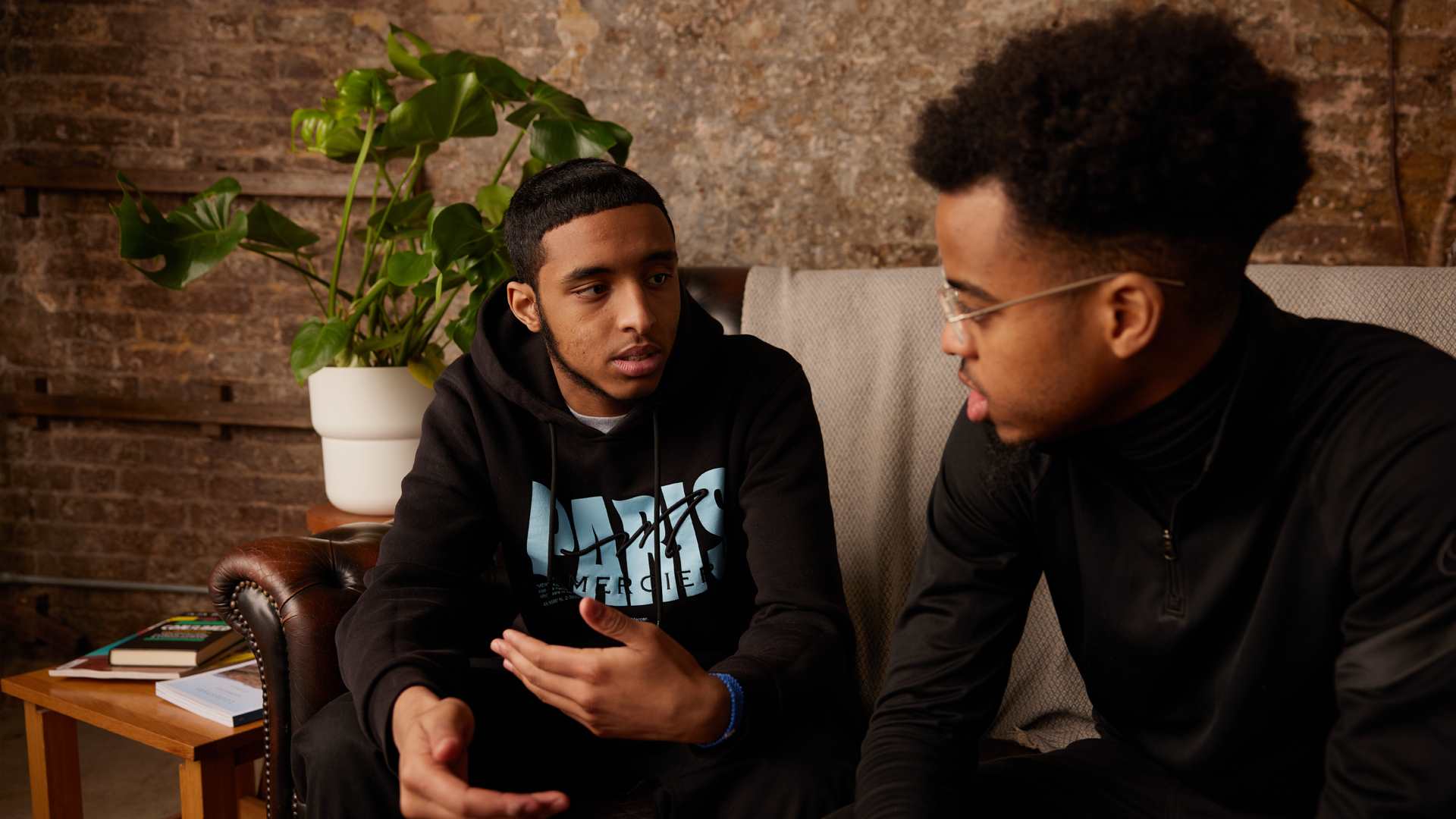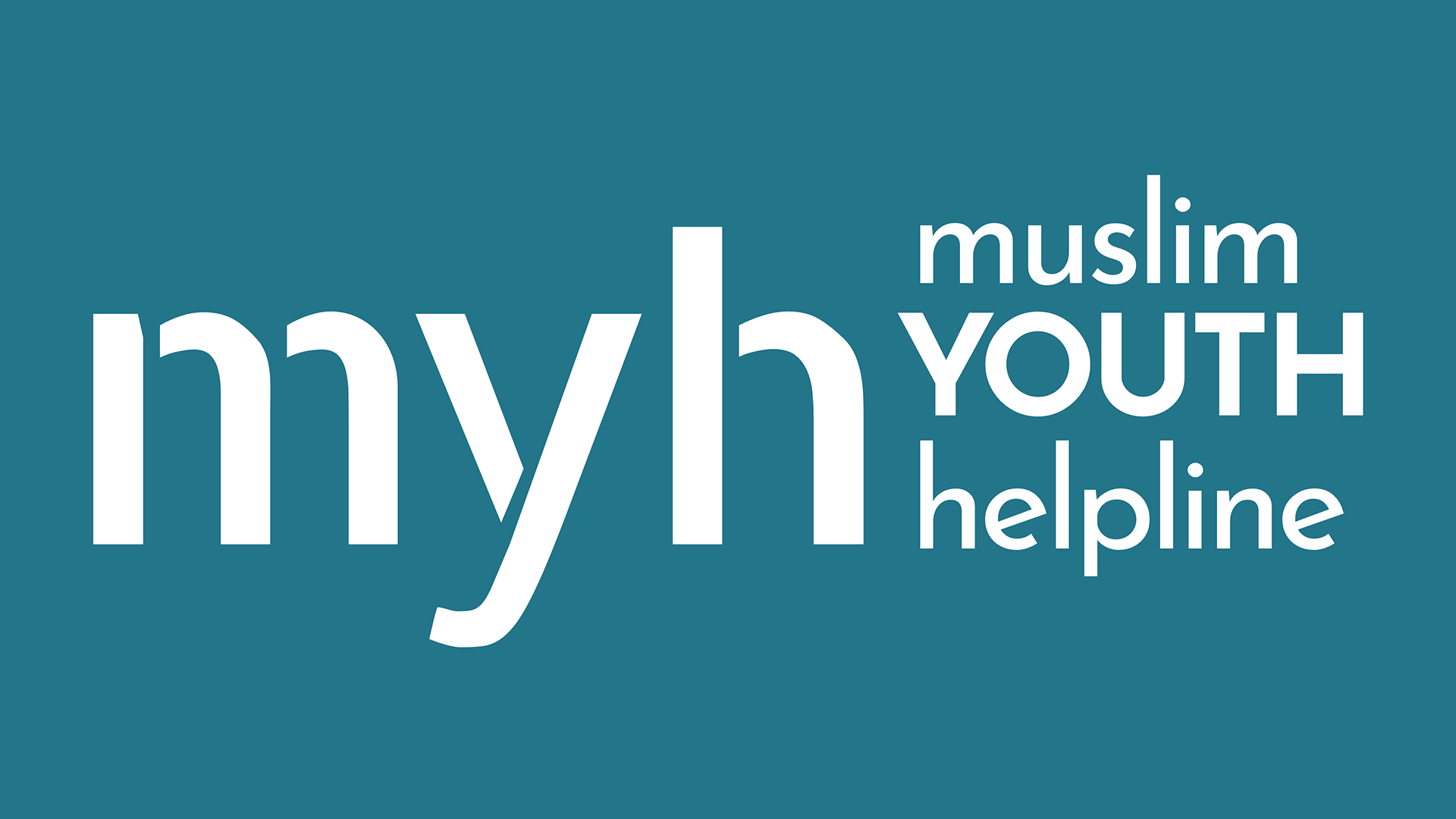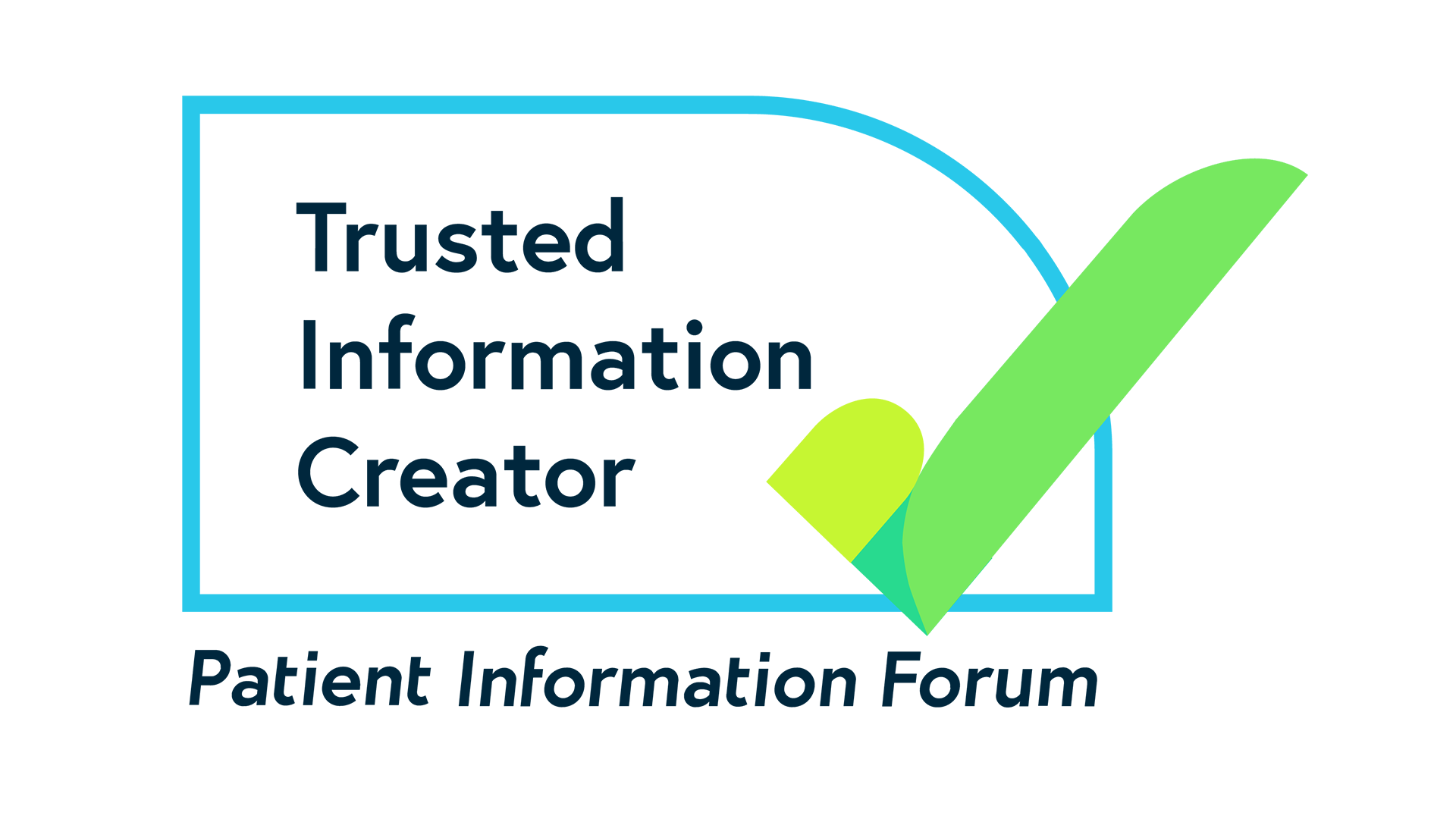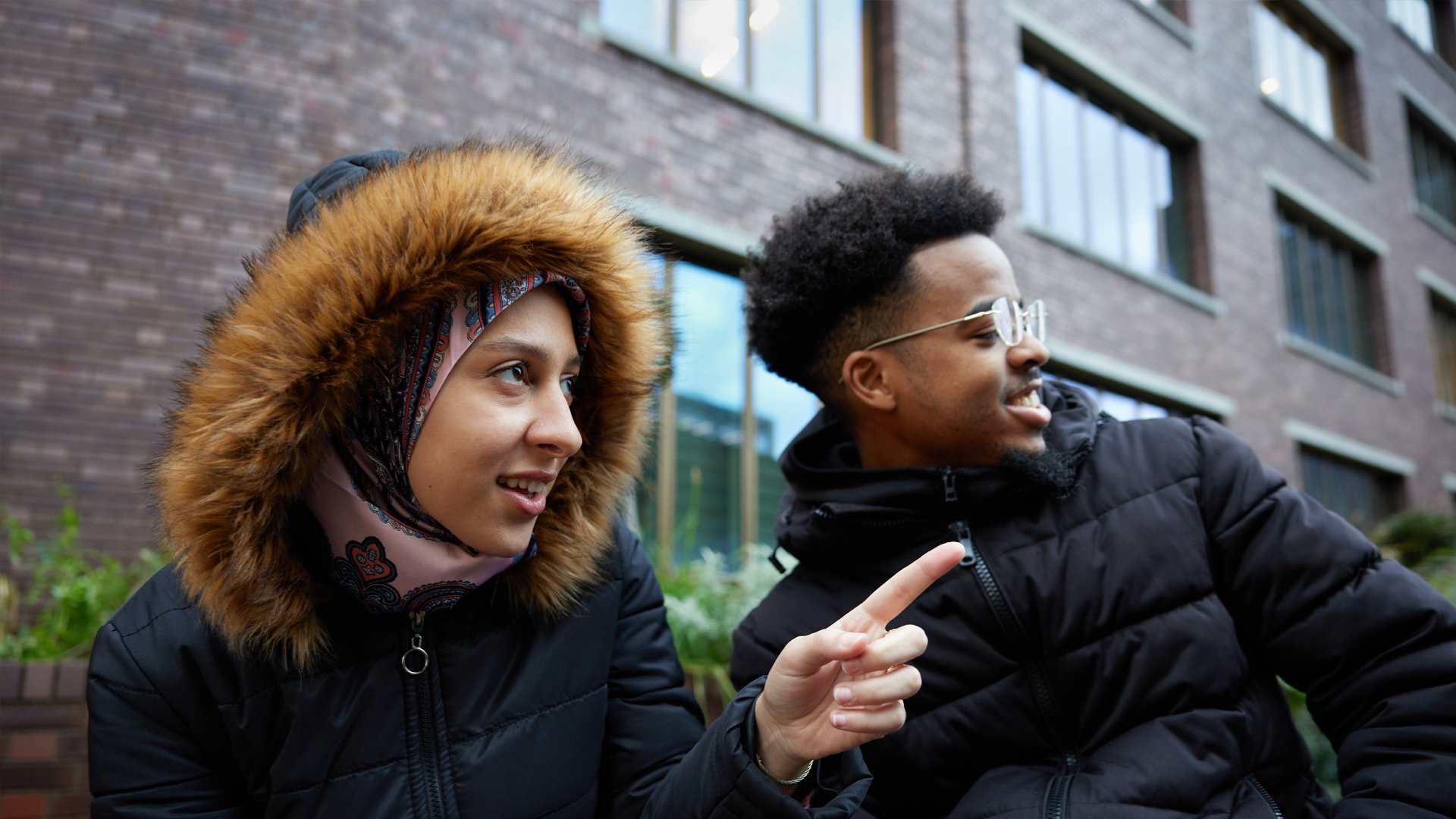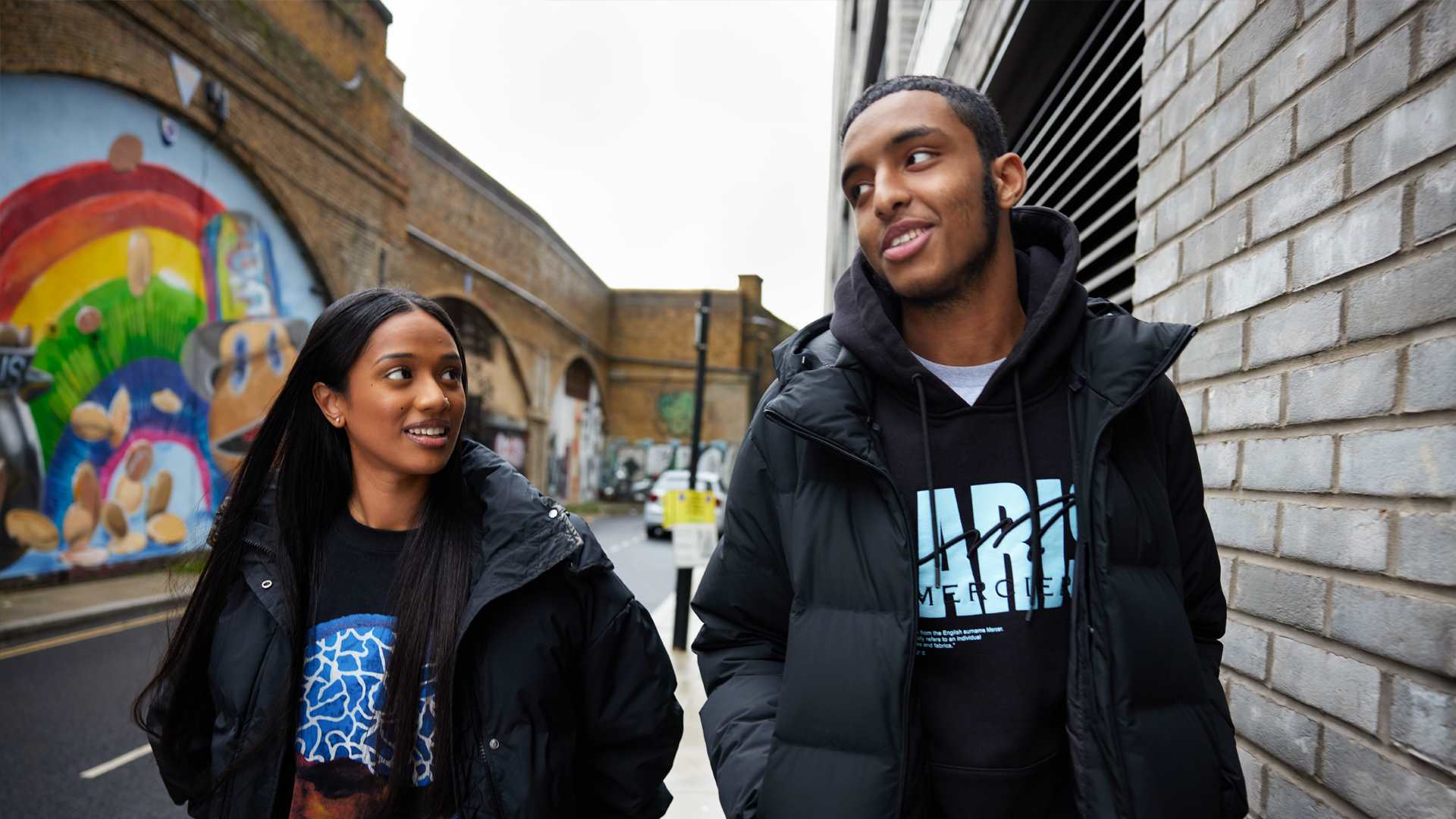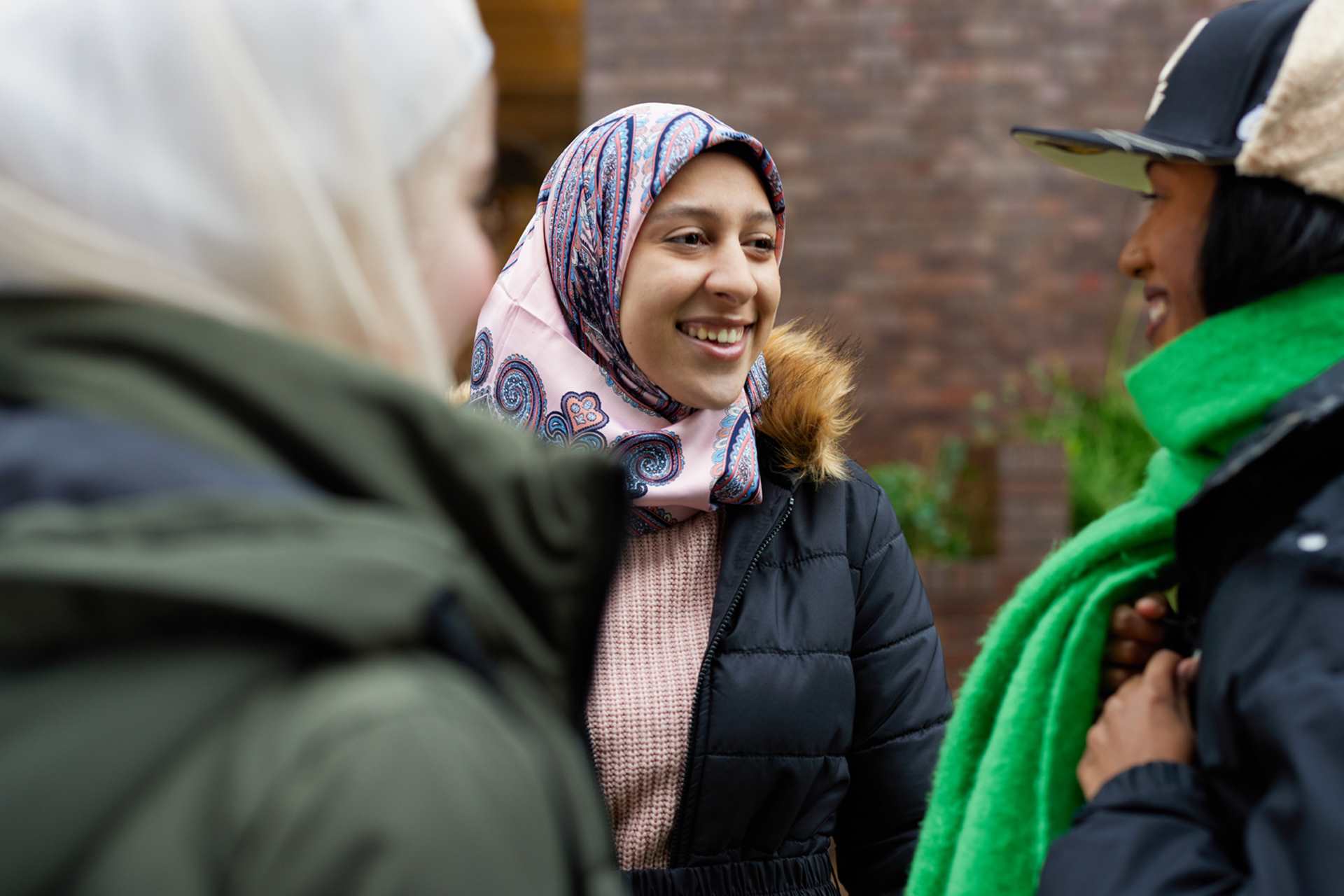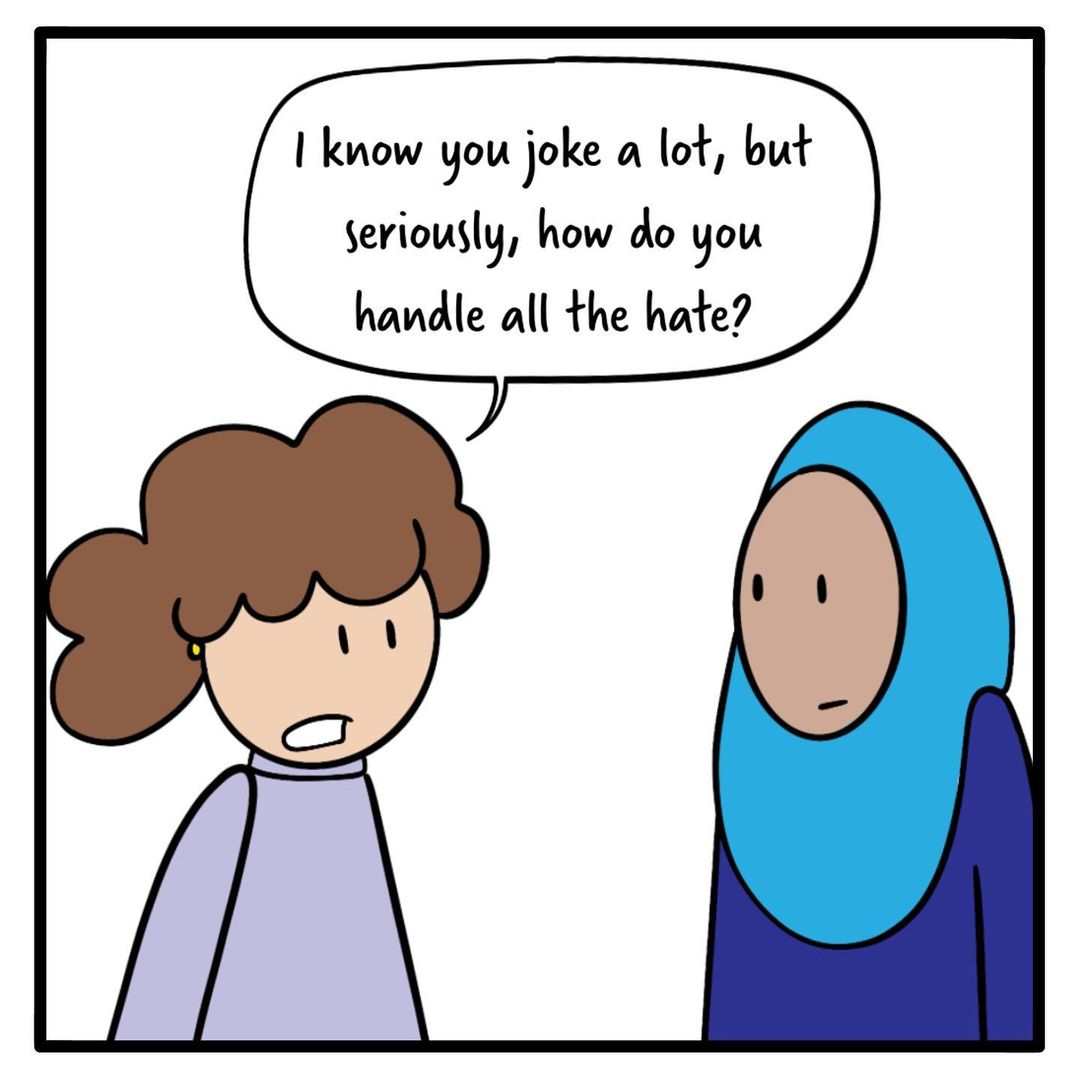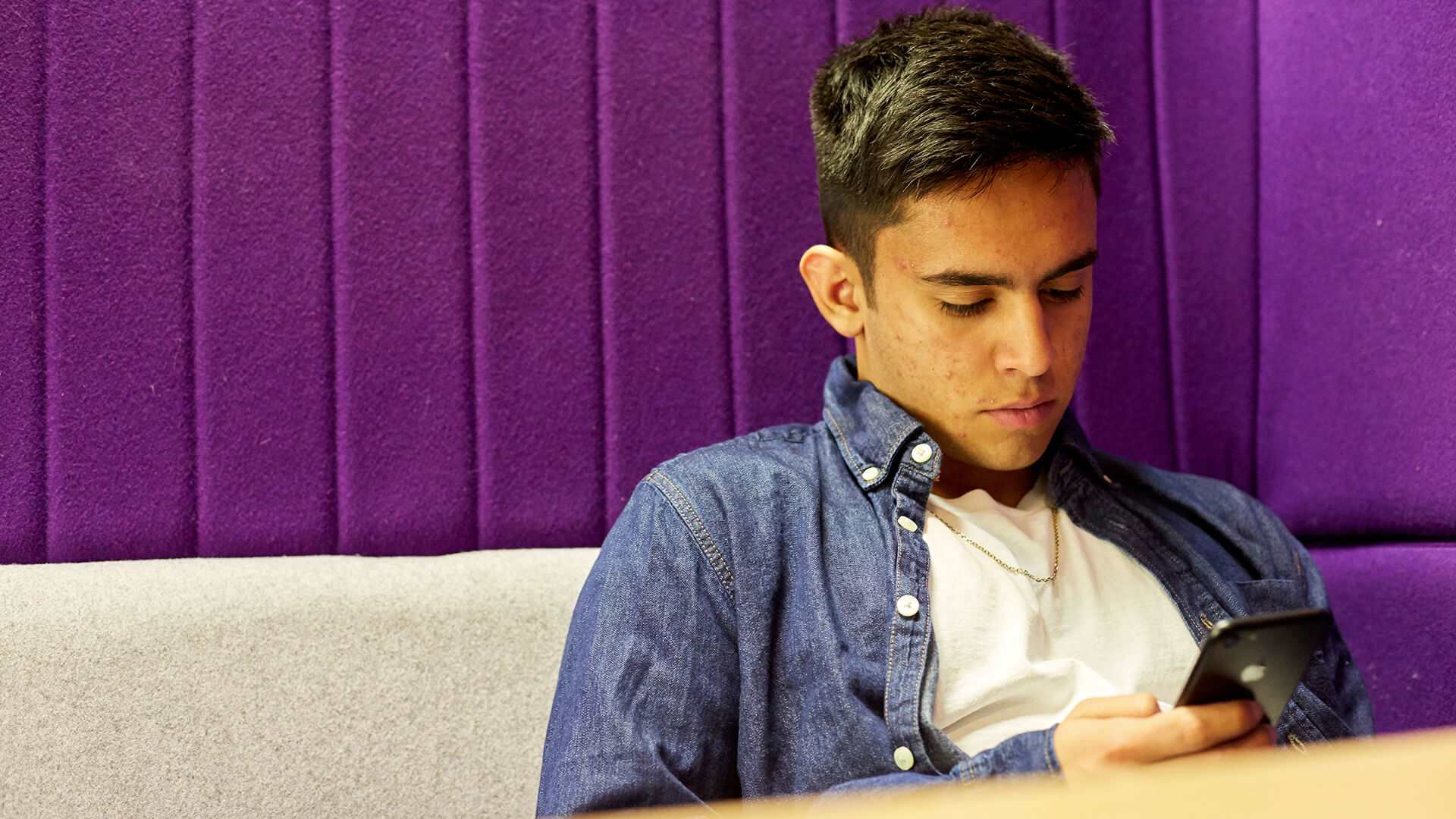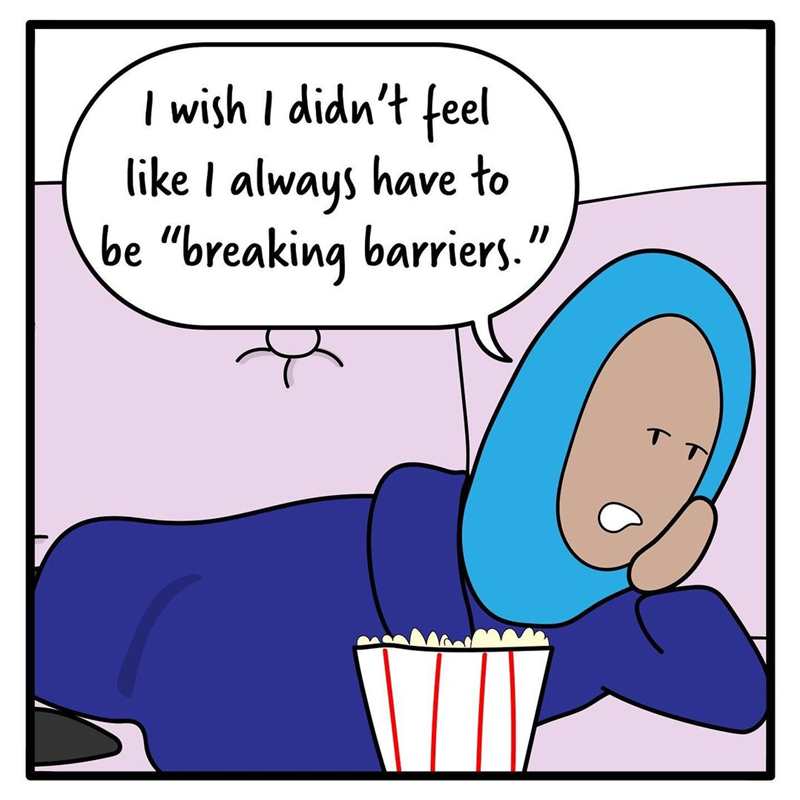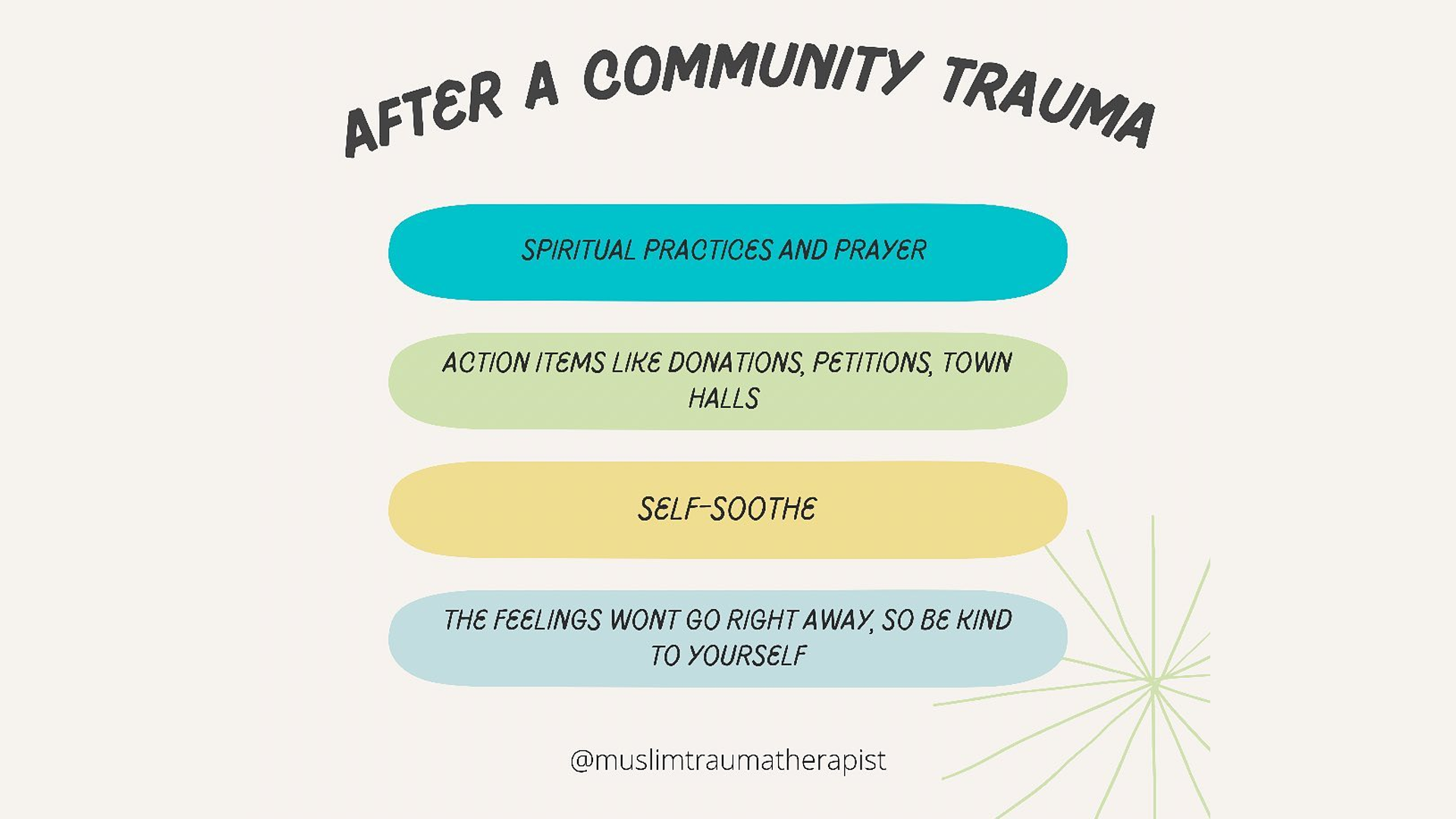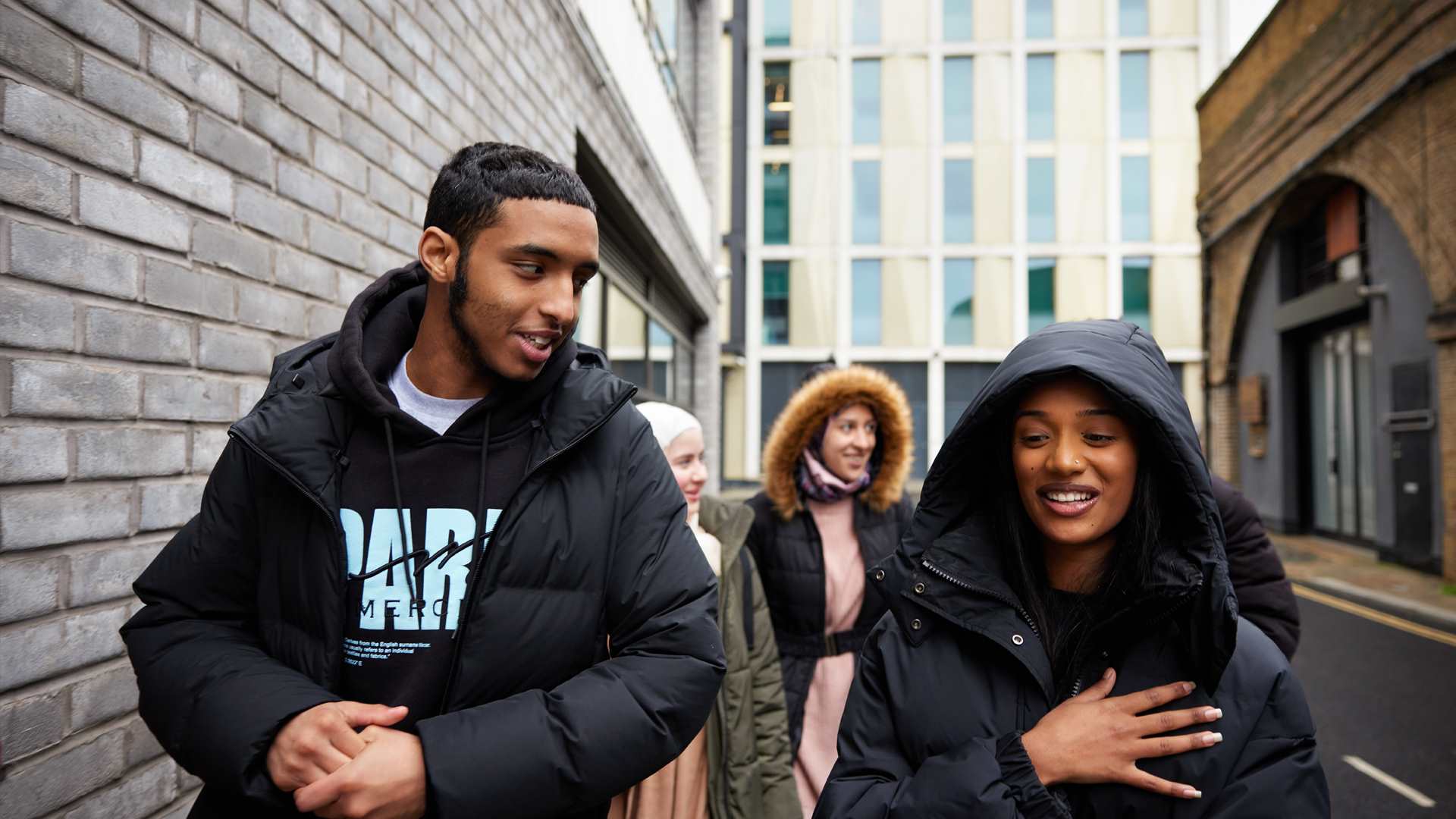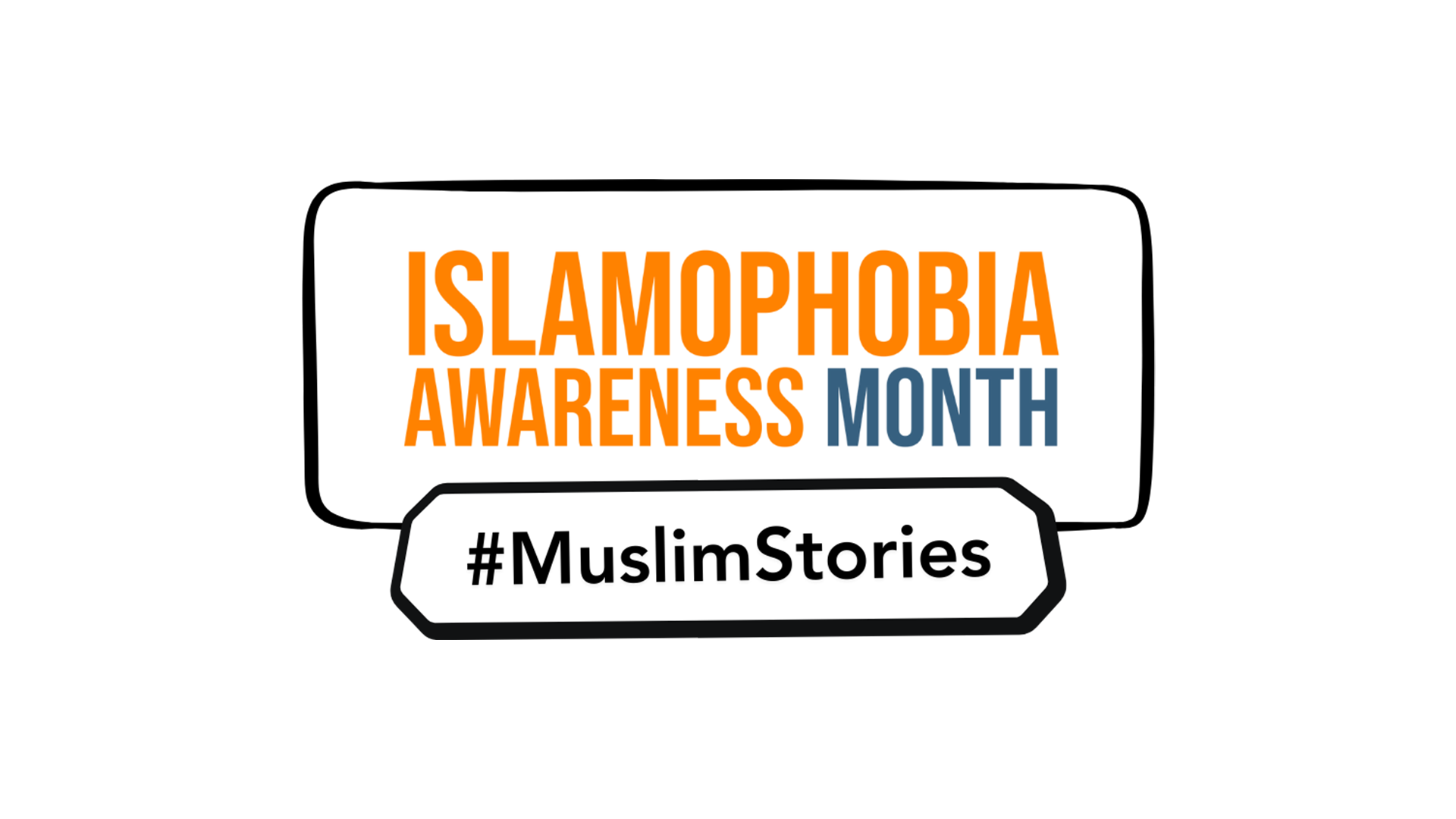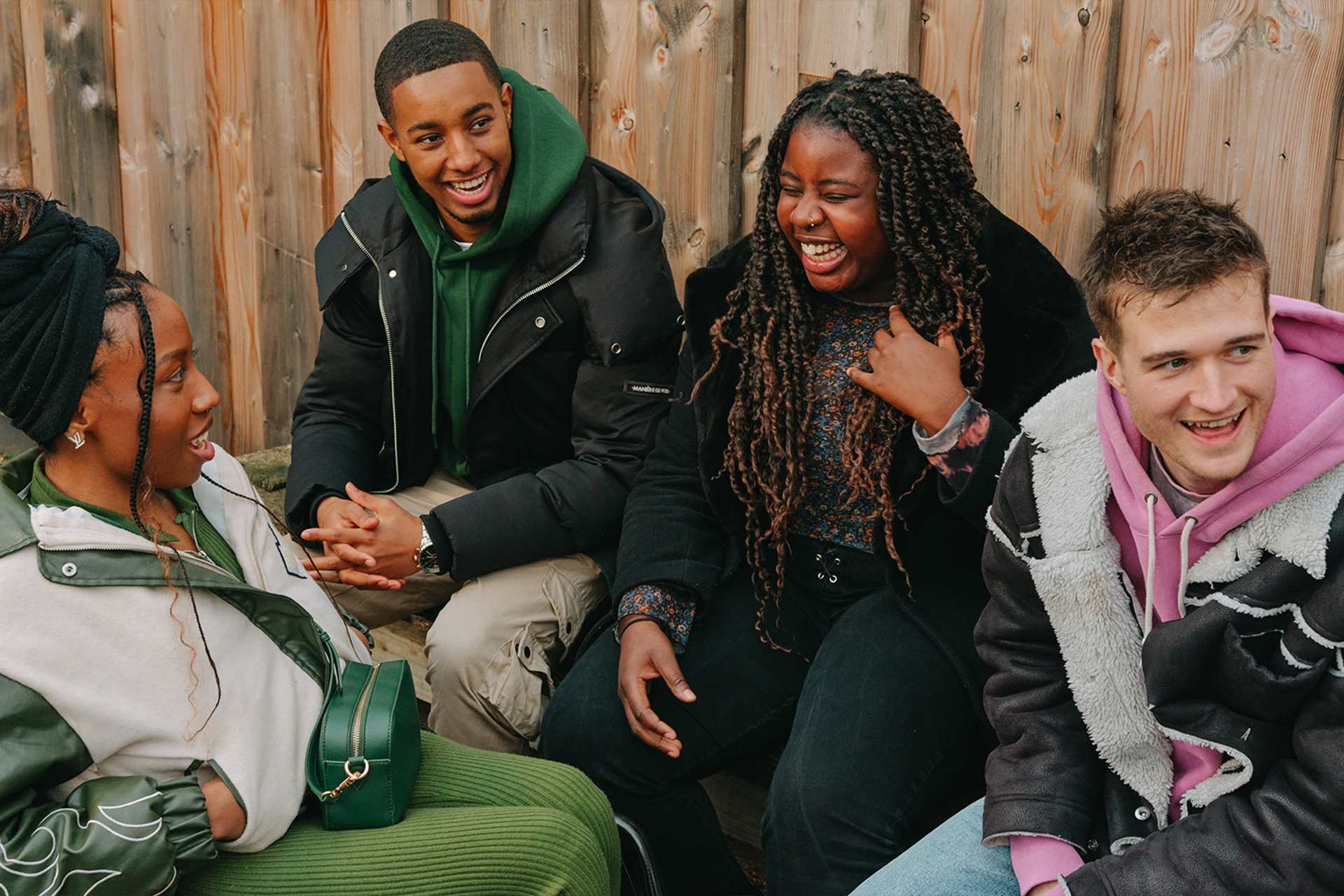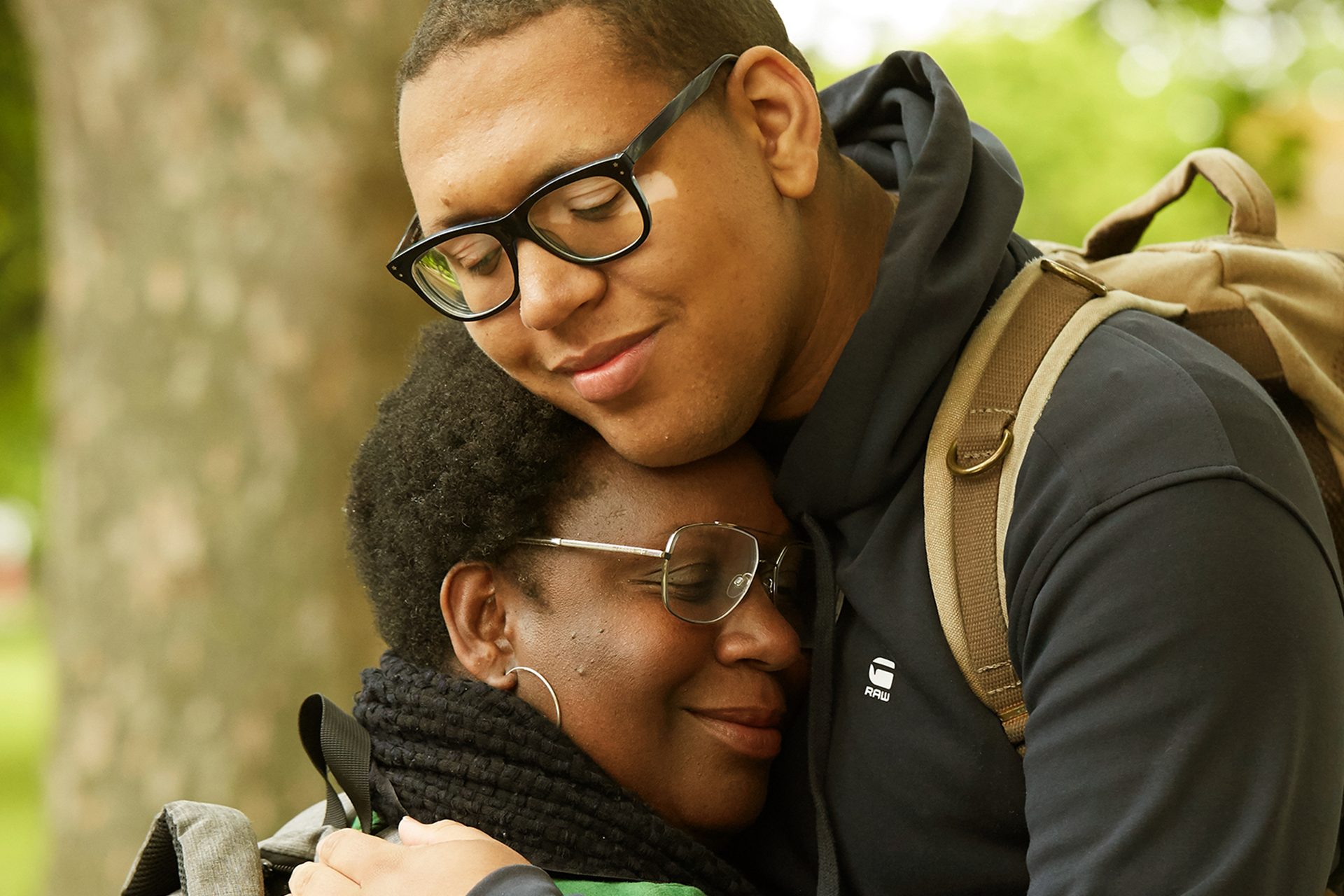Having spaces with people (or yourself) that you feel safe and comfortable in can be an incredible thing for your mental health. Often, it gives you room to be your true, authentic self without fear of judgement from others. This can really help to validate you and your experiences. Whether it’s online or face-to-face, joining a group or club with like-minded people (at school or work for example), can be a great way to connect with people you identify with and who may share similar experiences to you.
Talking about how you feel isn’t always easy, but it’s important to remember that you don’t have to face challenges alone. Sometimes, opening up can be hard when you’re worried about how the person or people will react. This can be even harder if the person you're opening up to isn’t used to talking about mental health – particularly if they feel some kind of cultural stigma about it.
It can also feel difficult opening up about your mental health to someone who doesn’t share the same cultural or religious background as you, especially when you’re talking about things that relate to your culture or religion. You might be worried that they will misunderstand you, or judge you.
Working out who you’re most comfortable talking to is important. But even when you know who you want to speak to, you may still worry about their reaction – this is entirely normal.
Remember, there will always be someone that wants to support you.
Read about Shah’s experience of opening up about his mental health and experiences as a young Muslim man.
